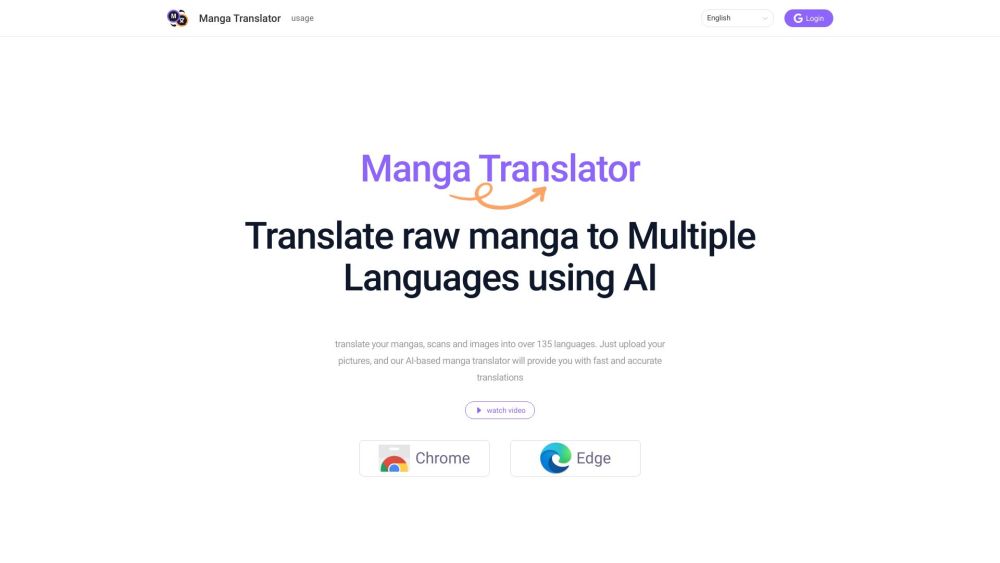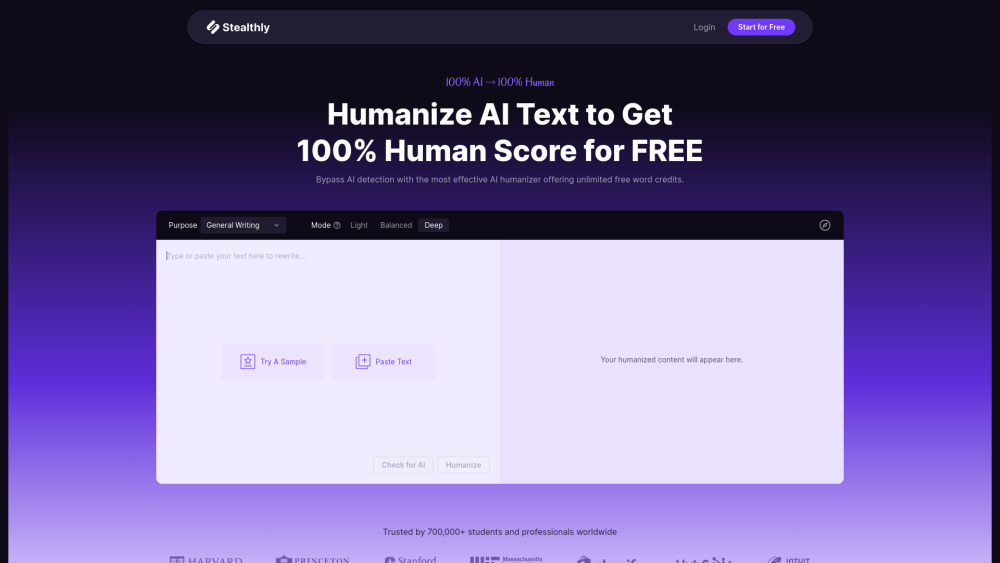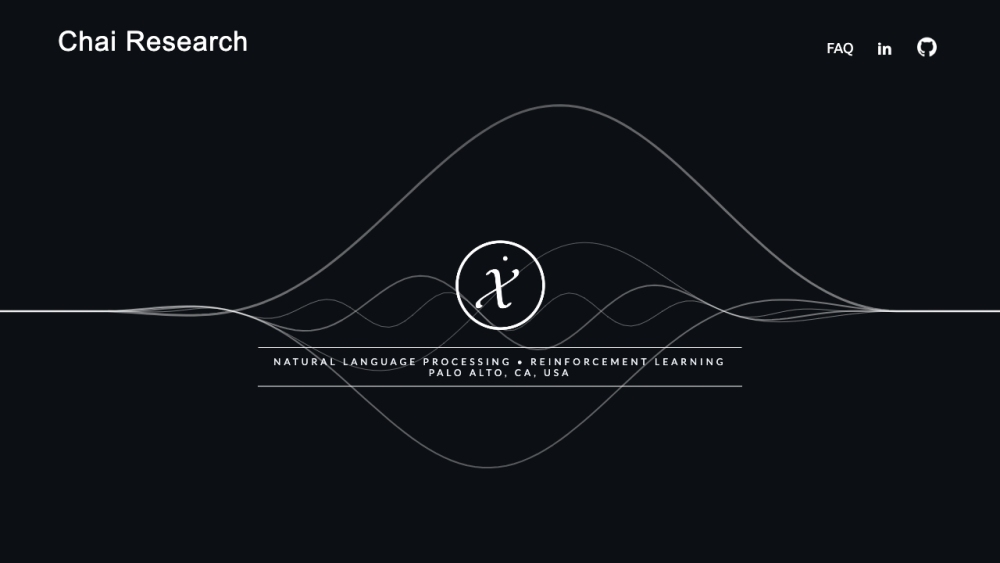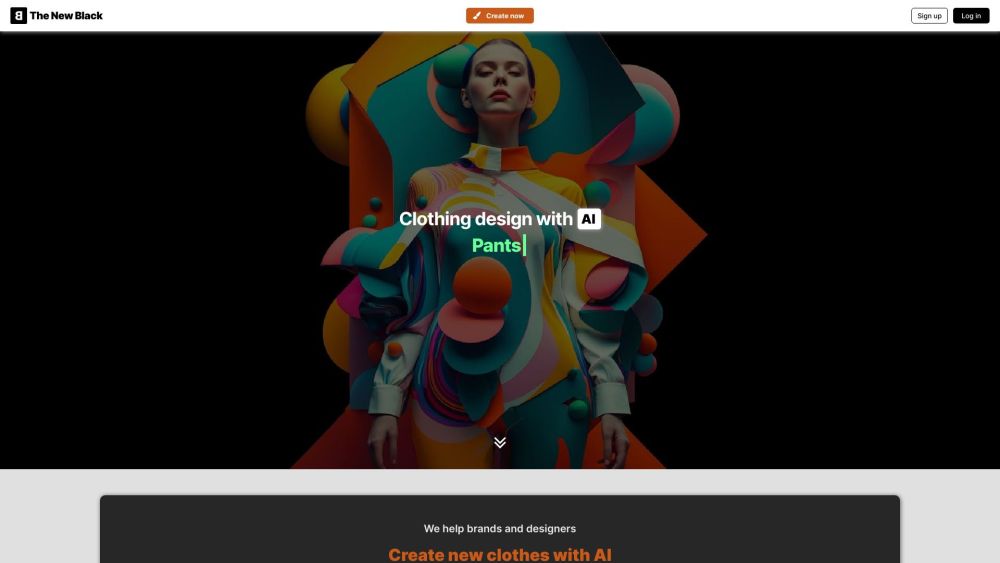As Humane navigates the challenging landscape of AI hardware, two key employees have departed to establish their own startup, Infactory. This development mirrors Humane’s own inception, involving founders Bethany Bongiorno and Imran Chaudhri, both of whom previously held significant positions at Apple before launching their venture.
Brooke Hartley Moy, former Strategic Partnerships Lead at Humane, and Ken Kocienda, the former Head of Product Engineering, are taking a different approach with Infactory—a fact-checking search engine. While the project is just beginning to take shape, the founders shared their vision, marking a stark contrast to the secrecy surrounding Humane before its launch.
AI will play a pivotal role in Infactory’s functionality, leveraging Kocienda’s 16 years of experience at Apple in the AI field. In today’s competitive startup environment, it’s nearly essential to include an AI component in any business concept for 2024.
According to Hartley Moy and Kocienda—who now proudly hold the titles of CEO and CTO—Infactory will stand out by discerning when to utilize AI effectively and when to refrain. The platform will employ large language models (LLMs) to create a user-friendly language interface, allowing users to communicate their queries in natural language rather than awkwardly phrasing multiple queries to achieve their desired outcomes.
Importantly, AI will not influence the search results themselves. In contrast to Google’s current search model, which relies on a Gemini summary, Infactory will extract information directly from trusted sources with proper citations. While skepticism regarding source accuracy is understandable, Infactory aims to minimize the hallucination issues prevalent in many generative AI services today.
Infactory will adopt a subscription pricing model tailored for enterprise clients rather than individual consumers, targeting organizations like newsrooms and research institutions. At launch, Infactory will prioritize data-driven inquiries while steering clear of more subjective subjects, such as politics.
Kocienda provided an example involving a financial publication that seeks to compare annual reports from two companies—an inquiry that, while straightforward, illustrates the need for comprehensive search capabilities. For instance, if you wanted to analyze sales data for Apple versus Samsung devices over the past five years, Infactory would efficiently compile that information for you.
In developing a fact-checking engine, it’s crucial to ensure that information originates from the most reliable sources. “Our goal here is to be selective about our partnerships,” said Hartley Moy. “Not all data partners are equal. We focus more on data vendors than content providers because their businesses rely on maintaining accuracy.”
Infactory has successfully completed its pre-seed round, although the founders did not disclose specific amounts or investor details. They plan to concentrate on securing seed funding over the next six to eighteen months, according to Hartley Moy.
The co-founders recognize that their departure from Humane coincided with the company facing challenges following the launch of its highly publicized Ai Pin, which received a lukewarm reception and sparked consumer disinterest. This led to 10 layoffs and speculation about a potential sale.
Despite these challenges, both founders assert that their decision to create Infactory was not a direct reaction to Humane’s difficulties. “Hardware is hard,” Kocienda shared. “Starting a company is challenging. Presenting your life’s work to the world can be daunting and requires tremendous courage and unique skill sets. I have tremendous respect for anyone taking this risk, as it fosters a more innovative industry. I appreciate the scrappy startups working to deliver new hardware and software solutions.”
As for Infactory’s anticipated launch, Hartley Moy indicated that it is just months away.





